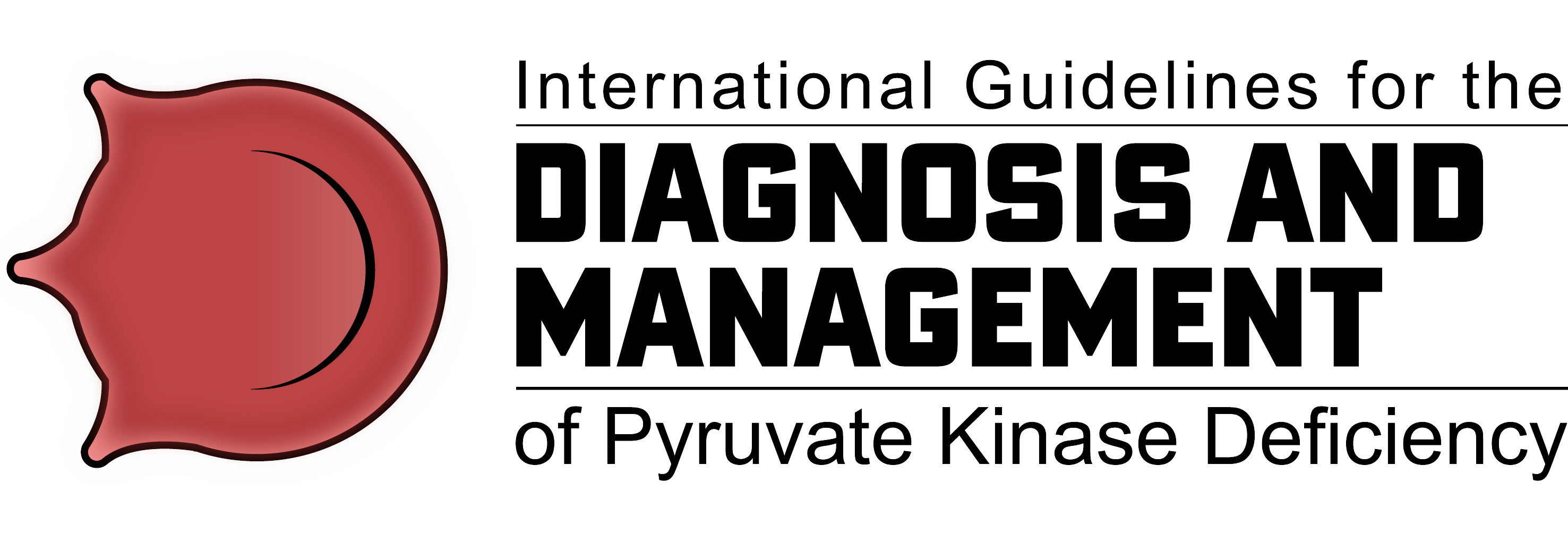Hydroxylase deficiency is a rare genetic condition. It disrupts the body’s ability to produce essential enzymes. These enzymes are critical for hormone production, affecting the balance of cortisol and aldosterone. Without timely treatment, symptoms can become severe. For Parents of Children diagnosed with this condition, understanding treatment options is essential.
Early diagnosis significantly improves outcomes. With the right medical care, children with hydroxylase deficiency can lead healthier and more stable lives. This blog delves into the treatments available, symptoms to watch for, and ways parents can support their children through this challenging journey.
Understanding Hydroxylase Deficiency
Hydroxylase deficiency stems from mutations in specific genes responsible for enzyme production. These enzymes are key to regulating hormones like cortisol, which helps the body respond to stress, and aldosterone, which controls salt balance.
When these hormones are deficient, various health problems arise. Fatigue, low blood pressure, and electrolyte imbalances are common. Children with hydroxylase deficiency may also experience delayed growth or developmental challenges. In severe cases, the condition can be life-threatening.
Typically, symptoms appear in early childhood. Signs such as persistent dehydration, muscle weakness, or unusual salt cravings often prompt parents to seek medical help. Early recognition and diagnosis are vital in managing this condition effectively.
Symptoms and Their Overlap
Recognizing symptoms early is crucial, but it can be challenging. Hydroxylase deficiency presents with nonspecific symptoms that overlap with other conditions, such as pyruvate kinase deficiency.
Pyruvate kinase deficiency affects the red blood cells, leading to anemia and other related issues. Key symptoms include fatigue, jaundice, and shortness of breath. Similarly, children with hydroxylase deficiency often display low energy levels and general weakness. These overlapping symptoms can complicate the diagnostic process.
A comprehensive evaluation by a healthcare professional is essential. Blood tests, genetic screening, and hormone level assessments help pinpoint the cause. For parents, understanding these differences ensures they can advocate effectively for their child’s health.
Treatment Options
Hydroxylase deficiency requires lifelong management. The primary goal of treatment is to replace missing hormones and stabilize the body’s systems. Below are the most common treatment approaches:
1. Hormone Replacement Therapy
Glucocorticoids, such as hydrocortisone or prednisone, are the cornerstone of treatment. These medications replenish cortisol levels, enabling the body to manage stress and maintain energy.
Mineralocorticoids like fludrocortisone are also prescribed to regulate salt and water balance. These medications help prevent dangerous electrolyte imbalances, reducing the risk of dehydration and low blood pressure.
Together, these therapies restore hormonal balance, allowing children to lead active lives.
2. Dietary Adjustments
A high-sodium diet is often recommended. This helps counteract the loss of sodium caused by aldosterone deficiency. Parents must monitor their child’s salt intake carefully, ensuring it meets medical guidelines.
Staying hydrated is equally important. Proper fluid intake supports overall health and minimizes complications. Regular consultations with a dietitian can help parents develop an appropriate meal plan.
3. Routine Medical Monitoring
Children with hydroxylase deficiency need regular medical checkups. These appointments track hormone levels, assess growth, and adjust treatment plans as needed. Consistent follow-up care ensures optimal management of the condition.
4. Addressing Overlapping Symptoms
For children who also exhibit pyruvate kinase deficiency symptoms, additional treatments may be required. These can include:
- Blood transfusions for severe anemia.
- Iron supplements to address deficiencies.
- Specialized medications to improve red blood cell function.
Each treatment plan is tailored to the child’s unique needs. Coordination between specialists is crucial for comprehensive care.
Parents’ Role in Managing the Condition
Parents are central to ensuring effective management of hydroxylase deficiency. Their involvement begins with understanding the condition and extends to implementing medical recommendations consistently.
Medication Adherence
Following prescribed medication schedules is critical. Missing doses can lead to severe complications, including adrenal crises. Parents must establish a routine to ensure timely administration.
Monitoring Symptoms
Tracking a child’s symptoms helps detect changes early. Parents should observe energy levels, appetite, mood, and growth patterns. Keeping a symptom diary provides valuable information for doctors during follow-up visits.
Building a Support Network
Caring for a child with a rare condition can feel isolating. Parents benefit from connecting with others who are facing similar challenges. Support groups, both online and offline, offer emotional reassurance and practical advice.
Additionally, online clinical medical assistants can be valuable resources. They simplify complex medical information and provide guidance on managing symptoms and treatments.
Advances in Treatment
Medical research is continuously advancing, offering hope for improved treatments. Below are some promising developments:
Genetic Therapy
Gene therapy aims to correct the underlying genetic mutations causing hydroxylase deficiency. While still in the experimental stages, this approach holds the potential to provide a long-term cure.
Enzyme Replacement Therapy
Directly supplementing missing enzymes is another area of exploration. This approach targets the root cause of hormone deficiencies, offering more precise symptom management.
Though these treatments are not yet widely available, they represent a significant step forward. Parents of children’s health should stay informed about emerging options and discuss them with healthcare providers.
Emotional Impact on Families
Living with hydroxylase deficiency affects not only the child but also the entire family. Parents often face emotional stress as they navigate complex medical care. Children may feel isolated or different from their peers due to their condition.
Coping Strategies
- Counseling: Professional counseling helps families manage stress and build resilience.
- Open Communication: Encouraging children to share their feelings fosters emotional well-being.
- Education: Learning about the condition empowers families to make informed decisions and advocate for their child’s needs.
Support from extended family and friends also lightens the emotional load. By working together, families can create a positive environment where children thrive.
Lifestyle Tips for Parents
Managing hydroxylase deficiency requires attention to both medical and everyday aspects of life. Here are a few tips:
- Stick to Routines: Establish consistent medication and meal schedules.
- Educate Others: Inform teachers, coaches, and caregivers about the condition and its needs.
- Stay Prepared: Carry emergency medications and contact information for healthcare providers.
These small steps make a big difference in ensuring a child’s safety and well-being.
Conclusion
Hydroxylase deficiency is a rare but manageable condition. With the right treatments, children can lead fulfilling lives. Parents play a pivotal role in ensuring their child’s health and emotional well-being. By staying informed, adhering to medical advice, and building a strong support network, families can navigate this journey with confidence. Early diagnosis and consistent care remain the keys to success.

